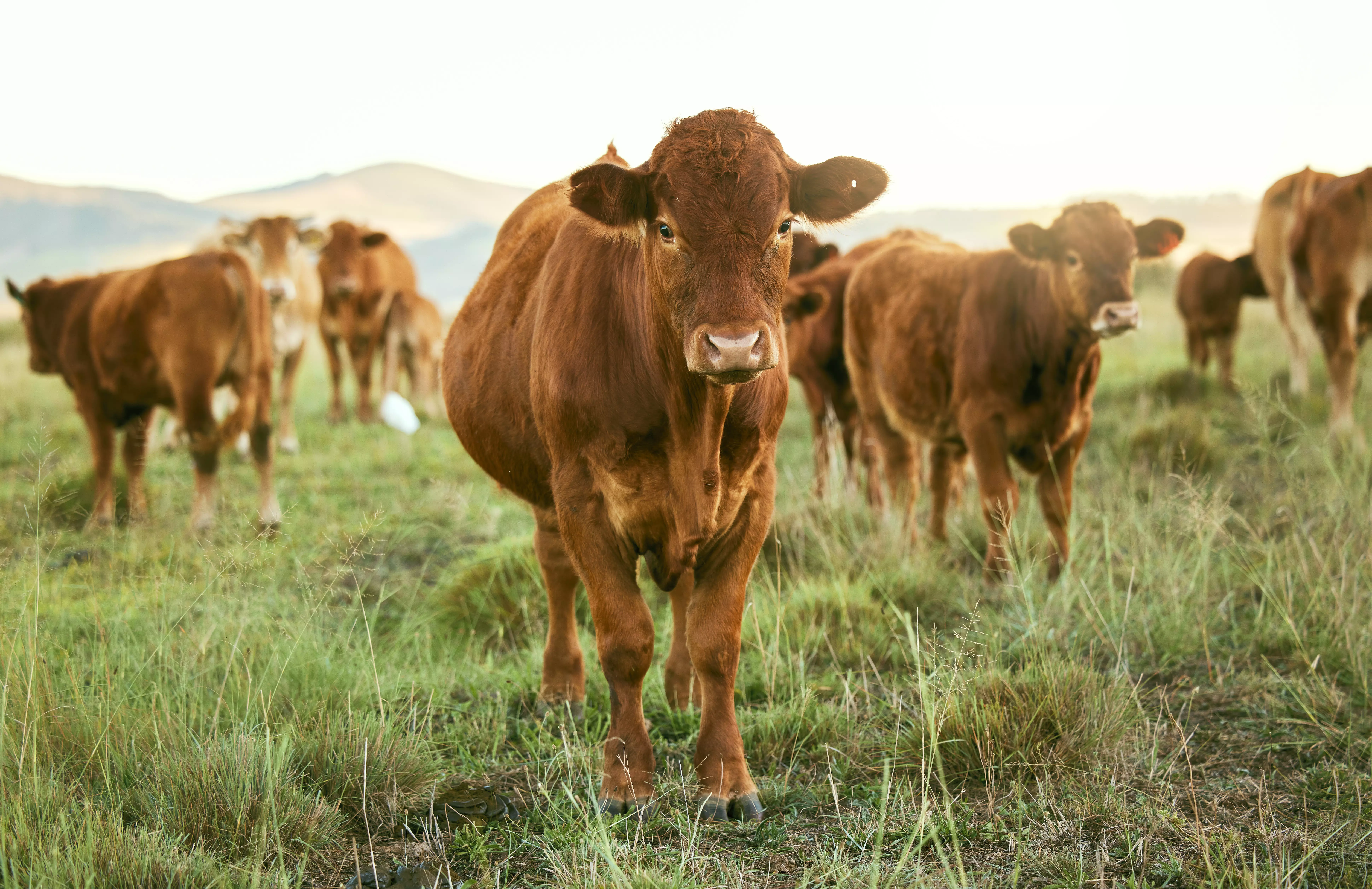 nenepedia.com
nenepedia.comWhat is cow's milk protein allergy?
Cow's milk protein is one of the most common allergens in children during the first years of life. Cow's milk protein allergy (BMPK) involves the body's immune response to cow's milk proteins. Symptoms of allergy can occur after consuming cow's milk or products containing this protein. Cow's milk protein allergy affects about 2-3% of children, and most of them grow out of the condition by the age of 3.
Symptoms of cow's milk protein allergy
Symptoms of cow's milk protein allergy can be varied and occur both in and outside the gastrointestinal tract. In the case of gastrointestinal tract symptoms, there may be diarrhea, vomiting, bloating and even bloody stools, among others. Symptoms outside the gastrointestinal tract can manifest as complaints such as hives, itchy skin, swelling, allergic rhinitis, coughing or shortness of breath.
However, each child may react differently to cow's milk protein allergy, so it is worth consulting a doctor if you notice alarming symptoms in your child. The doctor will be able to conduct the appropriate tests and make a proper diagnosis.
Diagnosis of allergy to cow's milk protein
Diagnosis of cow's milk protein allergy usually requires consultation with an allergist and several tests. Initially, the doctor may recommend eliminating cow's milk protein from the child's diet for a specified period of time and observing whether symptoms subside. This may be followed by a provocation test, which involves giving the child a small amount of cow's milk under the doctor's supervision.
In some cases, the doctor may also order blood tests to help detect the presence of IgE antibodies directed against cow's milk proteins or a skin-allergy test.
How to deal with cow's milk protein allergy?
When a child is diagnosed with cow's milk protein allergy, it is important to implement an appropriate elimination diet that excludes products containing this protein. It is important to follow the recommendations of a doctor or nutritionist to ensure that the child receives the right amount of nutrients.
For infants who are breastfed, the nursing woman must also eliminate cow's milk protein from her diet. If natural feeding is not possible, the doctor may recommend the use of special preparations based on cow's milk protein hydrolysates or other alternative sources of protein.
Prognosis and outlook for children with cow's milk protein allergy
Most children with cow's milk protein allergy grow out of the condition by the age of 3. However, some children may have cow's milk protein allergy for a longer period of time or even into adulthood. Regular monitoring and periodic consultations with a doctor to assess the child's progress is important.
Although cow's milk protein allergy can be inconvenient for the child and parents, with proper diagnosis, diet and medical care, symptoms can be controlled and the risk of complications minimized.
Summary
Cow's milk protein allergy is one of the most common allergens in children during the first years of life. Symptoms of the allergy can vary, but can manifest both in and outside the gastrointestinal tract. Diagnosis of cow's milk protein allergy requires consultation with a doctor and appropriate testing. If an allergy is diagnosed, it is important to implement an appropriate elimination diet. Most children grow out of cow's milk protein allergy, but some may have the condition for an extended period. Regular monitoring and medical care are important to control symptoms and minimize the risk of complications.
Add comment